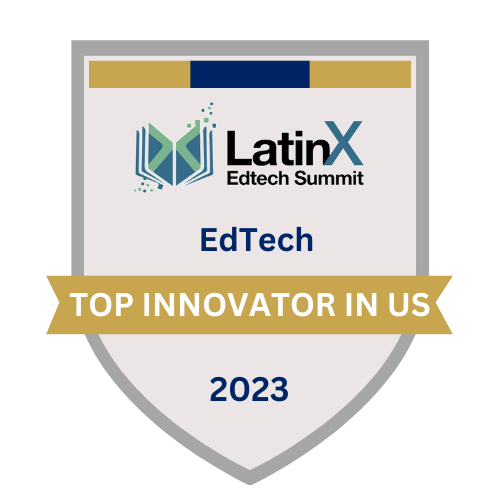Covid Response
COGx’s Response to COVID19
Understanding of the Science of Learning is critical in supporting all students, especially those who have been affected academically, socially, and emotionally by the pandemic.
We’ve been listening to school leaders, educators, students, and parents’ concerns about students’ academic preparedness, social-emotional wellbeing, engagement, and equity.
Teachers know these aren’t new problems. They have been exacerbated by the pandemic. There is additional urgency now to have support for students in these areas. What if we used this as an opportunity to address these long-standing issues?
Academic Preparedness
The debate over “learning loss” has been controversial and heated. However, educators agree the most important point is to meet students where they are and help them to continue to learn and develop.
The Science of Learning professional development programs at COGx can help by informing educators about how the brain processes, stores, and retrieves information and how emotion and cognition are interwoven. In addition, individualized programs train educators to develop metacognition and teach students to learn effectively in a 1:1 setting.
Social Emotional Well-Being & Engagement
Students are experiencing high levels of stress, disappointment, and frustration. Educators know the importance and power of forming relationships well. The connection between emotion and cognition is well documented in cognitive science; without a sense of safety and connectedness students do not have the same capacity for learning.
An understanding of how the brain responds to stress empowers educators, who’ve completed COGx training, to be a support for students and in turn, unlock their full potential.
Diversity, Equity and Inclusion
The last year has highlighted the necessity of making sure all students feel welcome and included in their school setting. Educators know that each child in their classroom is an individual with unique needs.
Teachers, who’ve participated in COGx professional development, are equipped with an understanding of cognitive diversity and the role of prior knowledge and experience are best prepared to teach a variety of learners. Evidence-based practices such as Universal Design for Learning (UDL) help to create an equal opportunity to learn.




